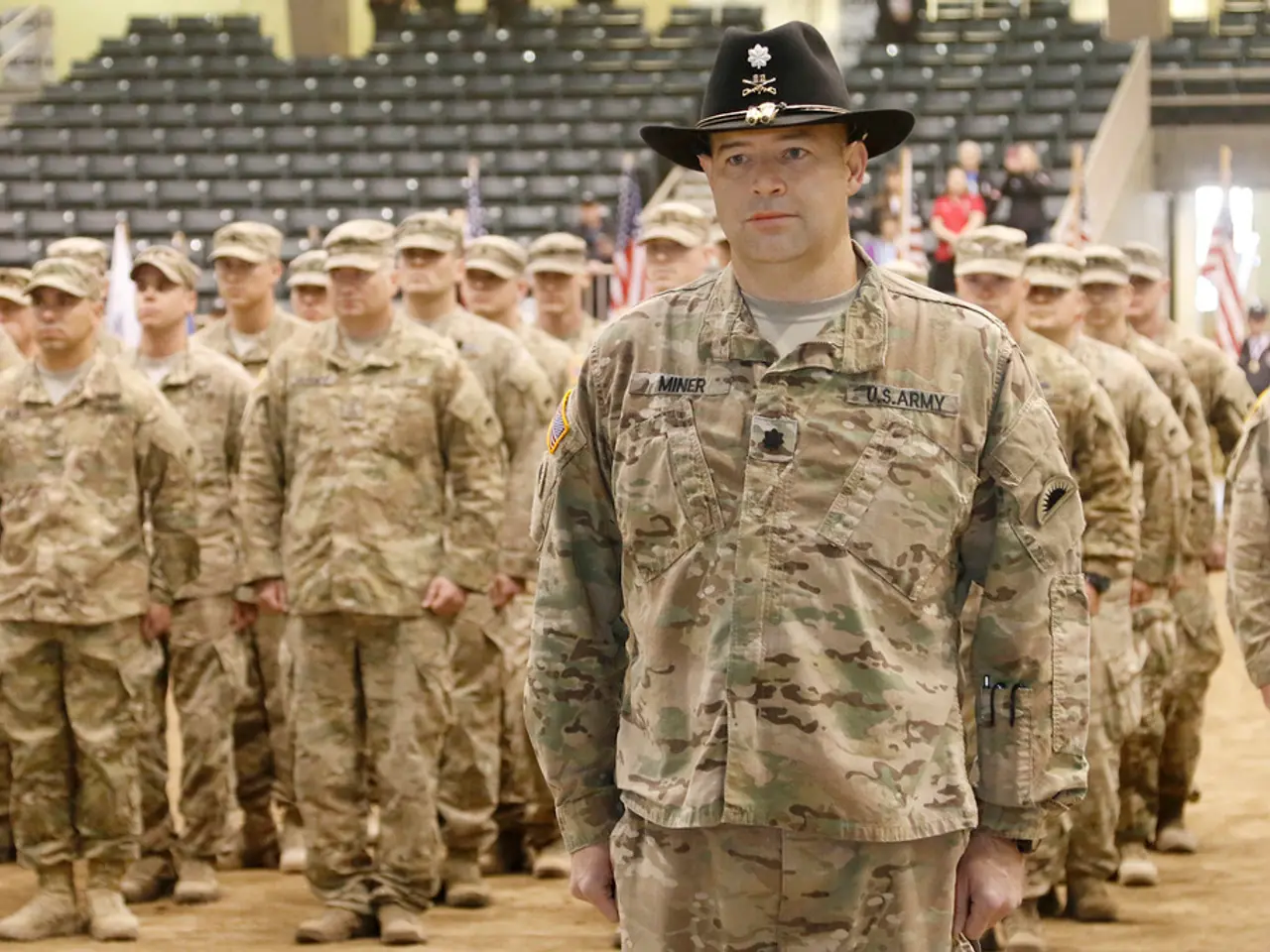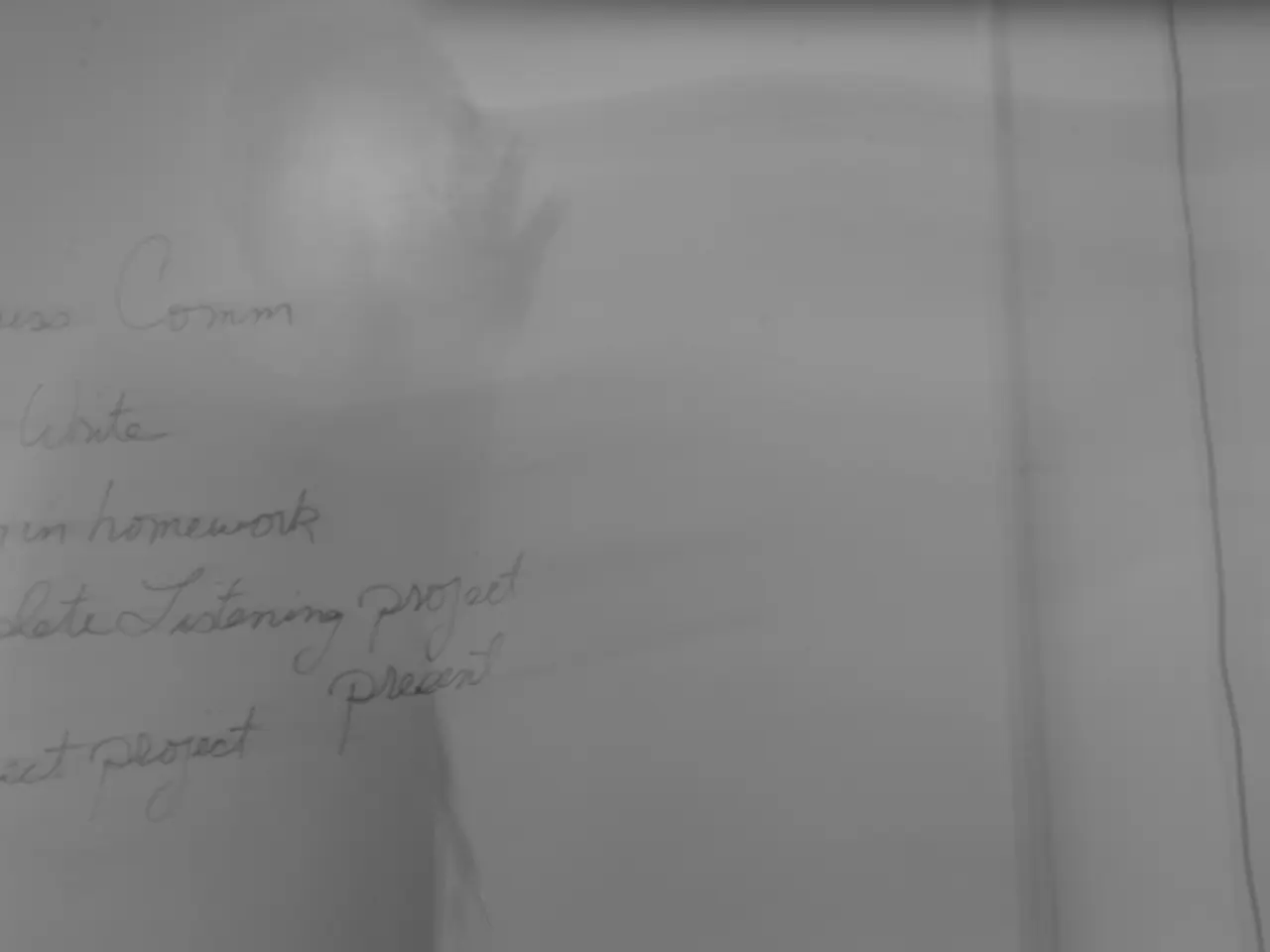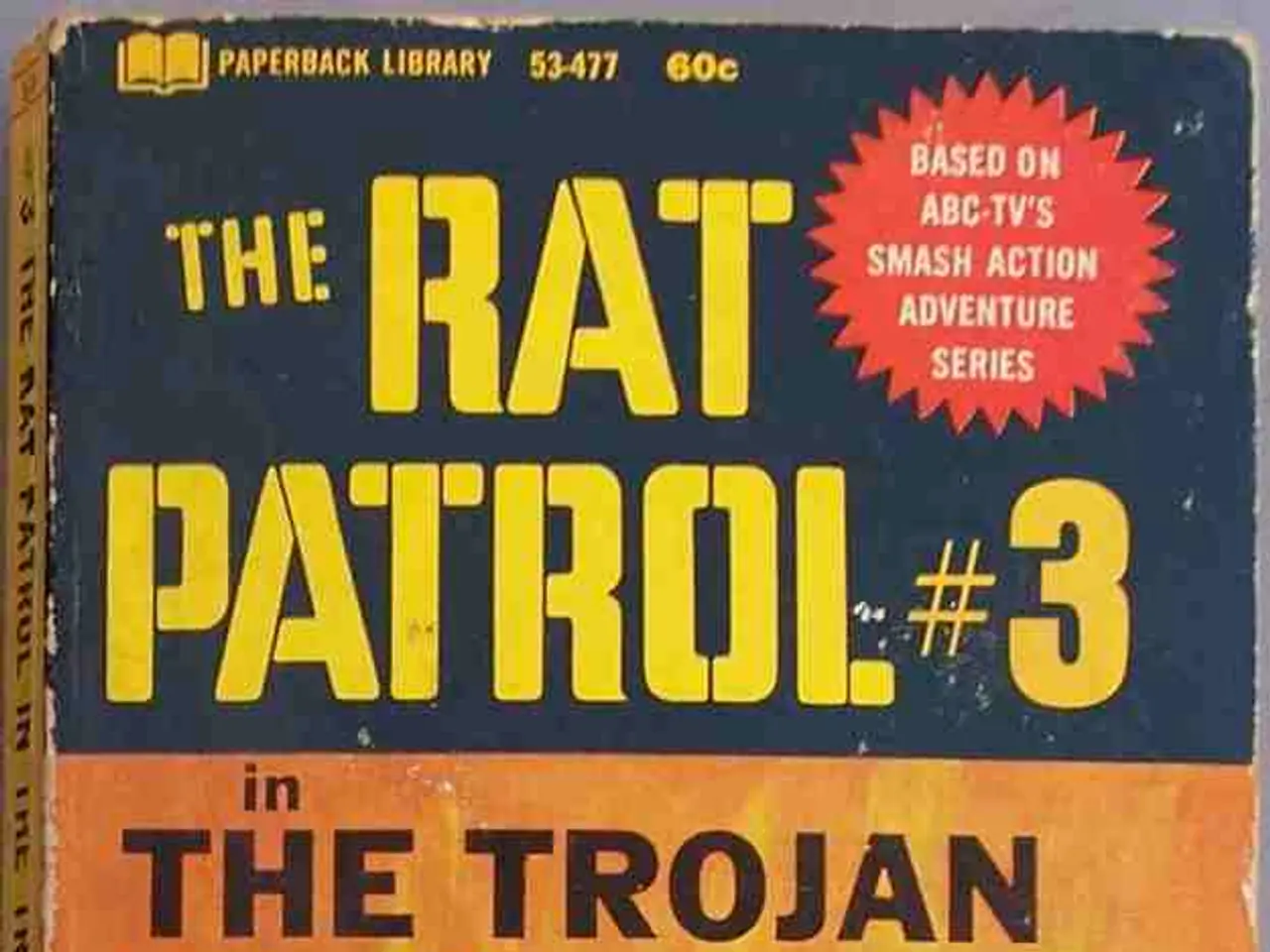Bundestag's Contentious Clash Over the Bundeswehr Veteran Day
- 🔥
Parliamentary Controversy Surrounds Veterans Day Aftermath - Controversial Events Surrounding Veterans Day Celebration
In the wake of the Veteran Day celebration, a heated debate erupted in the German Parliament centered around the Hamburg town hall square exhibition of the Bundeswehr. The Left Party, spearheading the argument under the banner "Bundeswehr Oath on Veteran Day: Disarmament and Peace Over Rearmament and Strife," brought this issue to the table for the current hour. According to the Left's peace policy spokesperson, David Stoop, the objective behind the Veteran Day is to evoke a "spiritual transformation" and foster a "Martial mindset," as opposed to fostering peace.
Stoop criticized the escalating military spending, arguing it comes at the expense of much-needed funding for education, healthcare, housing, and the environment. He cautioned that a new arms race would exacerbate the threat of devastating global wars.
Criticism of left-wing pacifism escalated
Representatives from the SPD, Greens, CDU, and AfD accused the Left of attempting to discredit the Bundeswehr and its members. Dirk Kienscherf, the SPD faction leader, acknowledged the Bundeswehr’s accomplishments in maintaining security and peace in Germany and Europe. His Green counterpart, Sina Imhof, dismissed the Left’s motion as a mirage, a continuation of their willful disregard of the current reality.
CDU faction leader Dennis Thering defended the Bundeswehr's presence in the name of deterrence and defense capability, arguing that it serves as the cornerstone of security and stability, not militarism. "Germany must avoid being caught unawares," he asserted.
AfD deputy parliamentary manager, Marco Schulz, labeled the Left's call for disarmament as painfully unrealistic, naive, and dangerous.
- Veteran Day
- Bundeswehr
- Parliament
- Aftermath
- Hamburg
- Town Hall
- Left Party
- Disarmament
- SPD
- CDU
- AfD
- Germany
As the German government forges ahead with military expansion, this contentious Parliamentary dispute underscores the deep fractures between advocates of disarmament and peace and proponents of rearmament and militarism.
In 2025, an amendment to Germany's constitution expanded the nation's military scope and created a vast "Bundeswehr Special Fund" intended to significantly bolster Germany's military prowess. This ambitious project, led by Chancellor Friedrich Merz, signals a stark departure from Germany’s post-WWII pacifist policies.
The Merz government is unabashedly supportive of military escalation and the distribution of arms to Ukraine amid its conflict with Russia, using strategic ambiguity to justify their position but also demonstrating their commitment to enhanced military engagement. Some unexpected allies, such as the Greens, have aligned themselves with this aggressive policy, advocating for increased arms shipments to Ukraine in the name of countering Russian aggression and preserving peace through strength.
In direct opposition, prominent voices have raised concerns over this militaristic trajectory, arguing that it risks fuelling escalation and dragging Europe into a wider war. This stance is rooted in Germany’s complex military history, the shadows of the Wehrmacht and Nazi-era militarism, and their lasting impact on public sentiment and military debates.
The implementation of Bundeswehr Veteran Day itself is seen as emblematic of this ideological divide. While it is intended to honor military service, it also magnifies debates over whether Germany should embrace a renewed leadership role in the European military or recommit to restraint, disarmament, and unflinching commitment to peace. Military identities and histories intertwine with these debates, reflecting Germany's ongoing wrestling with its past and its current and future military policies.
In essence, this bitter parliamentary debate encapsulates Germany’s ongoing struggle to define its military identity amid the complexities of its historical legacy and the challenges of the contemporary global landscape.
[1] Bundeswehr increases military spending: https://www.reuters.com/world/europe/germany-boosts-armed-forces-04-billion-hm-budget-debate-2021-08-24/[2] Germany's new defense plan risks fueling Europe's arms race: https://www.washingtonpost.com/world/europe/germany-new-defense-budget-european-arms-race/2021/08/25/a1b4a75a-5ba8-11ec-ab26-3cdcaae484ba_story.html[3] German military restarting in face of Russia's tough stance: https://www.dw.com/en/german-military-restarting-in-face-of-russias-tough-stance/a-59818748
- The tension in the German Parliament over the Bundeswehr Veteran Day is a strong indicator of the deep-rooted divide between supporters of disarmament and peace and those of rearmament and militarism, as the government pushes for military expansion under the leadership of Chancellor Friedrich Merz.
- The protracted disagreement surrounding the implementation of Bundeswehr Veteran Day serves as a symbolic representation of Germany's ongoing struggle to foster a balanced military identity that reconciles its historical legacy with the demands of the contemporary global landscape.








